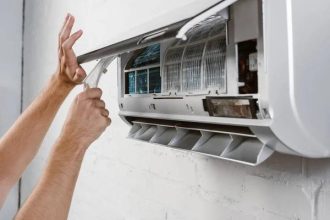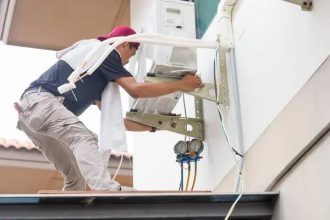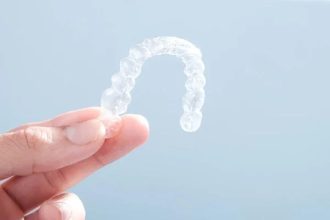Efficient HVAC repairs play a crucial role in maintaining optimal energy performance in both residential and commercial buildings. Heating, ventilation, and air conditioning systems are essential for providing comfort throughout the year, but when they malfunction or operate inefficiently, energy consumption can rise significantly. Addressing HVAC issues promptly with skilled repairs not only improves system functionality but also reduces utility costs and environmental impact.
One of the primary factors affecting energy efficiency is the condition of key components within an HVAC system. Over time, parts such as compressors, fans, filters, and thermostats may wear out or become clogged with dirt and debris. These issues force the system to work harder to achieve desired temperatures, leading to increased electricity use. Regular inspections combined with timely repairs ensure that these elements remain clean and functional. For example, replacing dirty air filters restores proper airflow while fixing refrigerant leaks prevents loss of cooling power.
Another important aspect involves ensuring that the HVAC system is correctly calibrated after repairs are performed. Proper calibration means that temperature controls respond accurately to user settings without causing unnecessary cycling on and off. When thermostats or sensors malfunction or lose accuracy due to age or damage, they can cause inconsistent heating or cooling patterns that waste energy. Skilled technicians verify these settings during ac repair near me visits so the equipment operates smoothly according to demand.
Energy-efficient operation also depends on addressing ductwork integrity during repair processes. Leaky ducts allow conditioned air to escape before reaching intended spaces; this inefficiency results in higher operational costs as the system compensates for lost air volume by running longer cycles. Repairing gaps or damaged sections of ductwork helps maintain consistent airflow distribution throughout a building while minimizing wasteful losses.
Additionally, upgrading outdated components during necessary repairs can further enhance overall efficiency levels. Modern HVAC technology often incorporates variable-speed motors and smart controls that adapt performance based on real-time conditions rather than fixed output levels seen in older models. Integrating these advancements during maintenance ensures that systems run at peak efficiency tailored specifically for each environment’s needs.
In conclusion, efficient HVAC repairs are vital for sustaining optimal energy performance over time. Prompt attention to worn parts, accurate calibration of controls, sealing duct leaks, and incorporating modern technology contribute collectively toward reducing energy consumption while improving comfort levels indoors. Investing in professional repair services not only extends equipment lifespan but also supports environmentally responsible practices through lower emissions associated with reduced power usage. Homeowners and facility managers alike benefit from prioritizing quality maintenance efforts focused on maximizing efficiency within their heating and cooling systems year-round.






